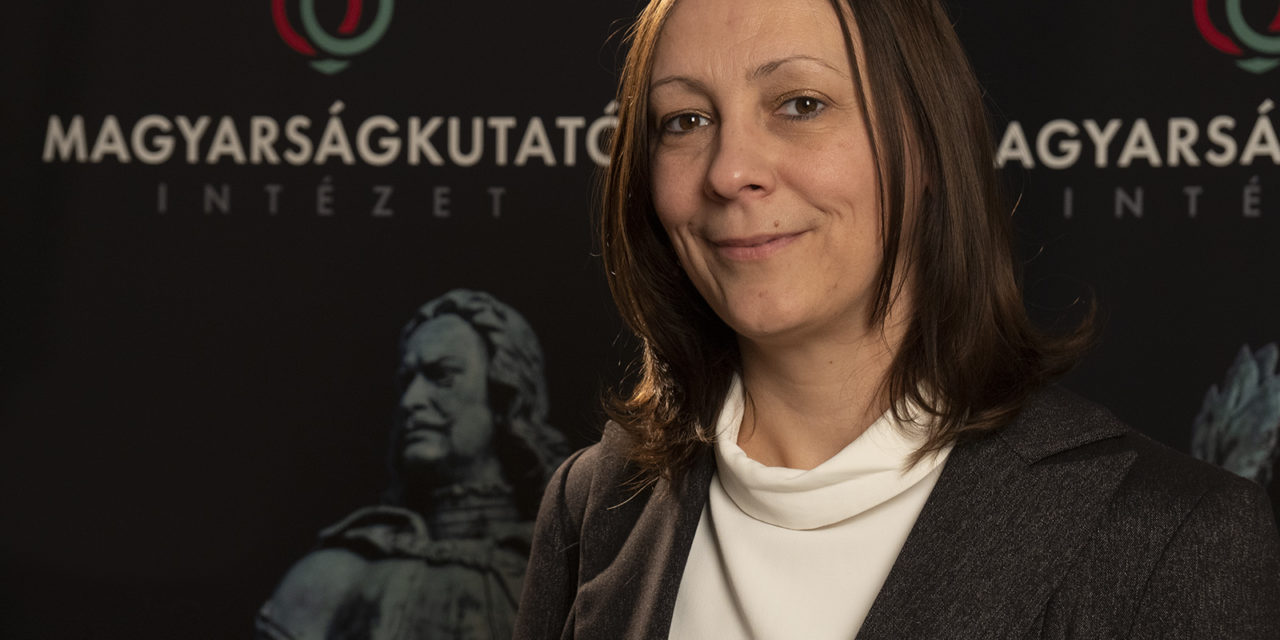Borvendég Zsuzsanna's series: When Goebbels' former liaison told Kádárék that retaliation was disrupting business
Have you heard of Gerhard Todenhöfer? As an extreme Nazi, he was Goebbels' liaison, but (also) thanks to his foreign connections, he escaped prosecution. He played a key role in the later Hungarian-German business, where as an ex-Nazi he also traded with communists. After 1956, they told Kádárék that there would be a lot of retaliation, because its "bad news" could disrupt business. János Nyerges shook them off; he knew one way or the other, they would still trade. We are introduced to Todenhöfer and some other villains like him - dark affairs that are difficult to understand with common sense.
The collaboration between Nazism and Communism did not end with the fall of the Third Reich. Many war criminals avoided prosecution after 1945, for the practical reason that in the developing bipolar world order, their knowledge was important to the great powers - be it technological or even political - and they also wanted to make use of their extensive network of connections.
It is not surprising that only a symbolic reckoning actually took place in Nuremberg, a quasi-showcase trial was held, where some of the leading murderers were found guilty, thus passing a moral judgment on National Socialism, but the majority of the perpetrators escaped prosecution.
(However, it is gratifying that at least this much happened, since at the end of the Cold War there was no accountability, not even a moral judgment, against the system of communism, which lasted much longer and demanded immeasurably more victims. In fact, it is fashionable to defend the idea to this day.)
"Recyclable" ex-Nazis everywhere
Many high-ranking Nazi officers or functionaries became businessmen and journalists at the beginning of the 1950s, with whom even the "responsible" leaders of the communist bloc liked to work together. Helmut Triska, mentioned in the previous section, did not only play a role in the development of economic interests through the company Atlas, but also operated an information network on behalf of the American intelligence, that is, the CIA used his local knowledge and relationship capital to open a penetration channel on the eastern side of the Iron Curtain.
He collaborated with the most famous former Nazi intelligence officer, Reinhard Gehlen, who defected to the Allies at the right moment. Gehlen recruited his members from the local anti-communist forces in the countries occupied by the Soviets, that is, at the beginning of the Cold War, he represented the most effective information base of the American secret services. With excellent sensitivity, he noticed that with the beginning of the Cold War, the most important fields of reconnaissance were to be found in the cooperations of large industrial companies, financial institutions and especially export-import companies.
Accordingly, he placed his people at these companies, so the financial coverage of the extensive network was also solved, since his colleagues were paid at their cover jobs. Gehlen's people were everywhere in the West German consortia that were Hungary's key partners from the 1960s onwards - Siemens, Klöckner, Mannesmann.
Kurt Becher returns
But Hungarian foreign trade had a more direct connection with the ex-Nazi set. Although Triska was not allowed to enter the territory of the country due to his war crimes, they found others through whom they were able to establish close contact with him and other companies in Germany. One of them arrived in Hungary at the end of March 1944. In his book Gellert Kovács: Twilight over Budapest, he describes him as follows: "a plump, cheerful and cheerful young man with a well-combed hairdo. This veteran German hunter loved horses passionately, so he joined the SS cavalry, where he later became an economic expert.
His most sophisticated specialty was his ability to blackmail Jews into handing over as much of their wealth as possible in exchange for the promise of better treatment. Ice-cold cynicism hid behind his angelic image, he was not picky about the means to achieve his goal. And now he was here in Hungary, officially to buy horses for the SS, but in reality to get his hands on as much Jewish property as possible, primarily the factories."
The full article HERE .













